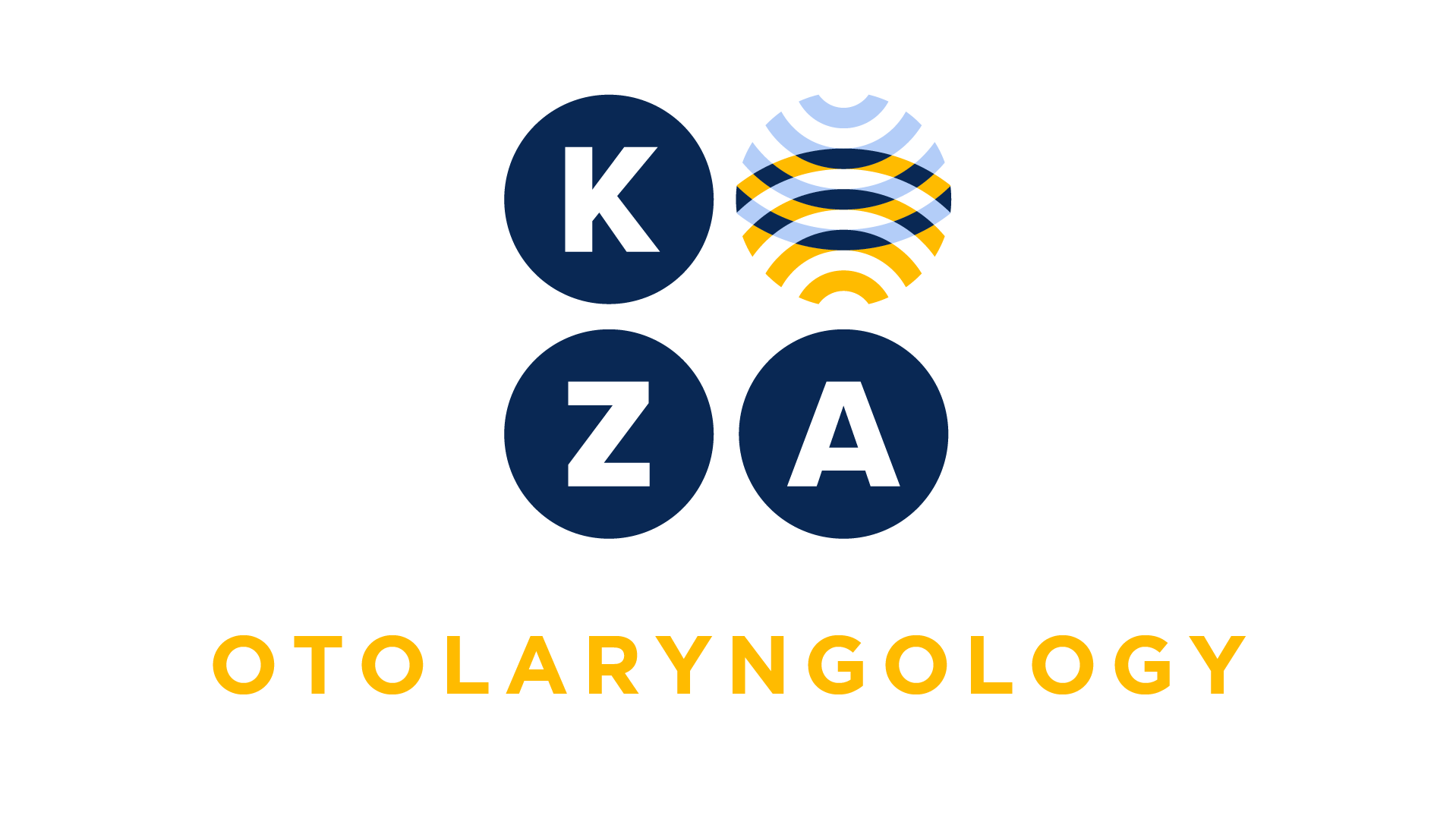
Choose your specialty from the list below to see how our experts have tackled a wide range of client questions.
Looking for something specific? Utilize our search feature by typing in a key word!
Submucosal Repair with Lateral Wall Implants
What code do I use for a unilateral repair of a nasal valve collapse with submucosal wall implants on one side?
Question:
What code do I use for a unilateral repair of a nasal valve collapse with submucosal wall implants on one side?
Answer:
You would report CPT code 30468 (Repair of nasal valve collapse with subcutaneous/submucosal lateral wall implant(s)). You will need to append Modifier 52 (reduced services) to 30468 since the procedure was performed unilaterally, and CPT code 30468 is a bilateral procedure.
*This response is based on the best information available as of 3/28/24.
Thyroidectomy
I did a right thyroidectomy 10 days ago and used CPT code 60220. I sent the specimen for analysis. The pathology came back positive for thyroid cancer, and I had to perform a completion thyroidectomy on the left. How would I code this? Do I code the thyroidectomy code again 60220?
Question:
I did a right thyroidectomy 10 days ago and used CPT code 60220. I sent the specimen for analysis. The pathology came back positive for thyroid cancer, and I had to perform a completion thyroidectomy on the left. How would I code this? Do I code the thyroidectomy code again 60220?
Answer:
You could code a completion thyroidectomy CPT 60260 (thyroidectomy, removal of all remaining thyroid tissue following previous removal of a portion of thyroid). Ensure you also append Modifier 58 (staged or related procedure) since you are within the global 90-day period.
*This response is based on the best information available as of 3/14/24.
Tongue Lesion Excision
My physician always bills a glossectomy CPT code 41120 when removing a lesion from the tongue. Is this correct?
Question:
My physician always bills a glossectomy CPT code 41120 when removing a lesion from the tongue. Is this correct?
Answer:
No this is not correct. The glossectomy codes require the removal of a portion or all of the tongue. When a lesion is removed report a code from CPT 41112-41114.
*This response is based on the best information available as of 2/29/24.
Time
Our physician is coding by time; he thinks this is the best for him. Frequently with a new patient he will also do an injection. He documents his total time for the day but does not document the amount of time performing a minor procedure (billable). There is no documentation of the time spent preparing for or performing the minor procedure. May we still report a service based on time?
Question:
Our physician is coding by time; he thinks this is the best for him. Frequently with a new patient he will also do an injection. He documents his total time for the day but does not document the amount of time performing a minor procedure (billable). There is no documentation of the time spent preparing for or performing the minor procedure. May we still report a service based on time?
Answer:
CPT states “Time” may be selected based on the total amount of time spent on the date of encounter, excluding time spent for services that are defined by a separately reportable CPT code. This means that the total time must exclude the amount of time spent related to the minor procedure. If not documented, KZA recommends asking the physician to amend the note if possible (attesting that the time is accurate to the best of their knowledge) or reporting the service based on MDM.
*This response is based on the best information available as of 12/14/23.
Date of Service
We are in an academic setting. Our residents will see a patient, for example, at 11 pm on Tuesday. Wednesday morning, our attending physician evaluates the patient, documents his/her findings, documents the required attestation, and enters an E&M into the EHR. The date of service is the date the encounter was created by the resident on Tuesday. Do you bill the E&M with the Tuesday date of service or the Wednesday date when the attending physician saw the patient?
Question:
We are in an academic setting. Our residents will see a patient, for example, at 11 pm on Tuesday. Wednesday morning, our attending physician evaluates the patient, documents his/her findings, documents the required attestation, and enters an E&M into the EHR. The date of service is the date the encounter was created by the resident on Tuesday. Do you bill the E&M with the Tuesday date of service or the Wednesday date when the attending physician saw the patient?
Answer:
The correct date of service is the actual date of service when the attending physician saw the patient. In this case, it will be Wednesday even if the attending physician links the note to the resident note from the previous date.
*This response is based on the best information available as of 11/30/23.
Diagnosis Coding Excludes 1 Codes
Our physicians list their diagnosis codes in the Assessment section of their notes. They link the diagnosis codes to the charges in our EHR. We receive a claims submission edit stating the two diagnosis codes may not be reported together. We review the rules and find the codes have an “Excludes 1” relationship. Our question is, should we remove the diagnosis code that is listed as the “Excludes 1” from the Assessment section of the note when correcting the claim based on the guidelines.
Question:
Our physicians list their diagnosis codes in the Assessment section of their notes. They link the diagnosis codes to the charges in our EHR. We receive a claims submission edit stating the two diagnosis codes may not be reported together. We review the rules and find the codes have an “Excludes 1” relationship. Our question is, should we remove the diagnosis code that is listed as the “Excludes 1” from the Assessment section of the note when correcting the claim based on the guidelines.
Answer:
No. Great news to hear you are reviewing your claims edit reports timely. The “Excludes 1” is an ICD-10 coding guideline or a coding rule. Think of this like an NCCI edit; when CMS has an edit between 2 CPT codes, we do not change the documentation in the operative note, for example, we report the most comprehensive of the 2 CPT codes. The “Excludes 1” guideline is a similar concept—we do not change the documentation; we report the most comprehensive diagnosis code.
*This response is based on the best information available as of 11/16/23.


